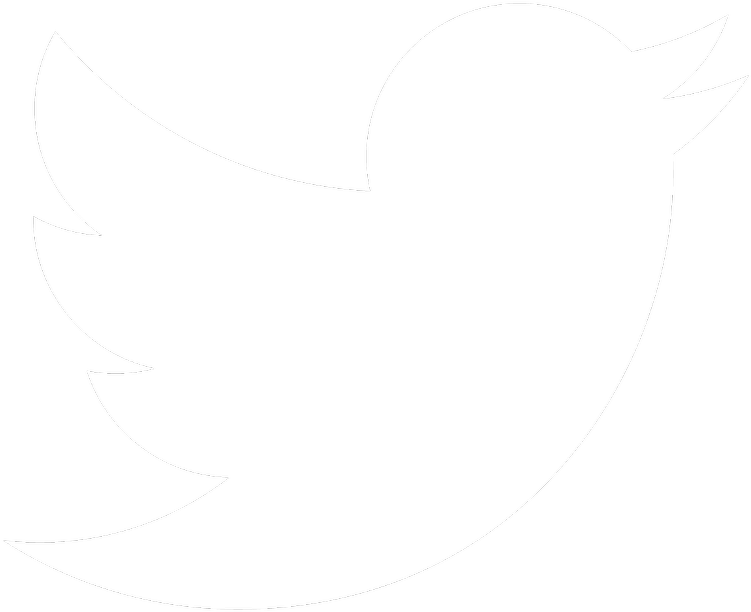How to Manage the Feeling of Being Overwhelmed at Work

We become overwhelmed at work, mostly because we take on too much at any given time. The pandemic has forced companies to make drastic changes to the work environment and this has added to the typical level of work stresses that we are used to. Suddenly, there is more uncertainty and you may feel powerless or on edge. While you may not have control over those things, there is something you do have control over: your mindset and a good work strategy.
Work smarter, not harder
Sometimes, we are so anxious to get started on a task knowing that there is a lot of work involved, that we forget to be more strategic with our time. We end up working harder, for longer hours, and sometimes, to no or little avail. Take a step back and know your outcome and plan your priorities. Come up with a plan that will allow you to work smarter, not harder. For instance: there may be someone on your team better suited to completing a task than you are. Ask your colleague if you can divide the task, or if he is able to accommodate taking on the project fully. The result is a completed task of higher quality, and more time for you to spend on other deliverables.
Establish boundaries
Know when it is time to stop. We are conditioned to believe that more time spent on something means more output, but that is not always the case. You may reach a point of burn out, at which you are no longer being productive. Make it a rule to establish boundaries that work for you. For example, you can tell yourself: “If work ends at 6pm, I will switch off my work notifications at that time and only address work-related queries and concerns when the next work day begins.”
Ask for help
When you are feeling overwhelmed, know that you can turn to your colleagues or supervisors for assistance of guidance. If you approach your manager by saying, “I believe I have a lot on my plate at the moment, and I would appreciate your inputs on how I could better manage my time and/or do this project more efficiently and effectively.” It shows you are proactive, open to constructive feedback, and are always willing to adapt to improve your work.
Self-care is key
Besides these strategies, do not forget the basics: in other words, eating properly and at the right times, taking breaks, engaging in physical activities and (safely) socialising with others. After all, at the core of your productivity and motivation is your mental health and happiness.





